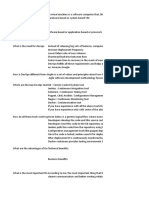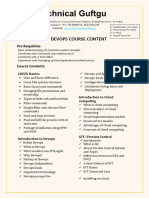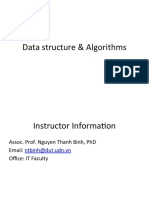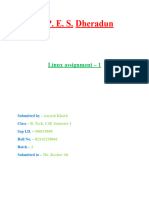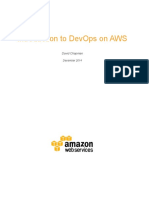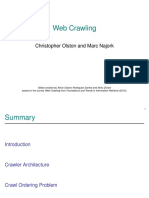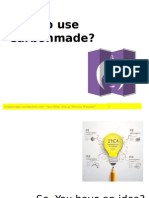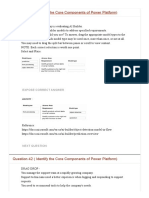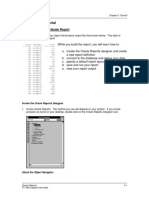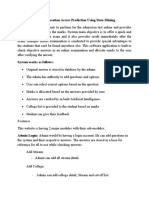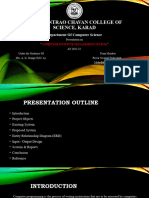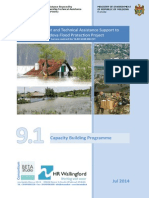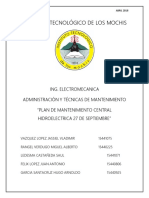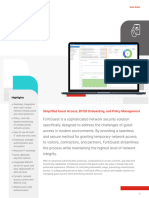0% found this document useful (0 votes)
127 views6 pages100 Days Roadmap For Learning Aws: Week 1-2: Introduction To AWS Day 1-3: Basics of Cloud Computing
Uploaded by
ChanduCopyright
© © All Rights Reserved
We take content rights seriously. If you suspect this is your content, claim it here.
Available Formats
Download as PDF, TXT or read online on Scribd
0% found this document useful (0 votes)
127 views6 pages100 Days Roadmap For Learning Aws: Week 1-2: Introduction To AWS Day 1-3: Basics of Cloud Computing
Uploaded by
ChanduCopyright
© © All Rights Reserved
We take content rights seriously. If you suspect this is your content, claim it here.
Available Formats
Download as PDF, TXT or read online on Scribd
/ 6









